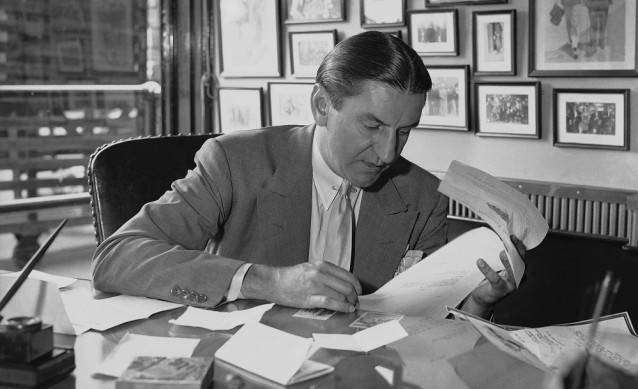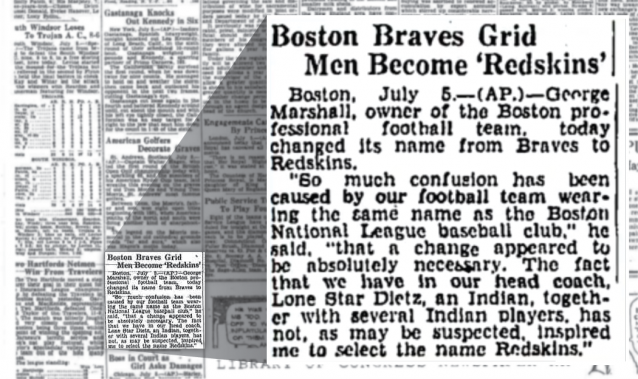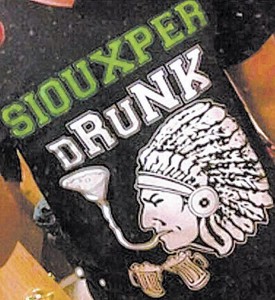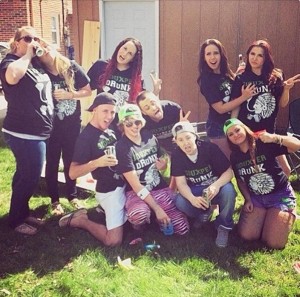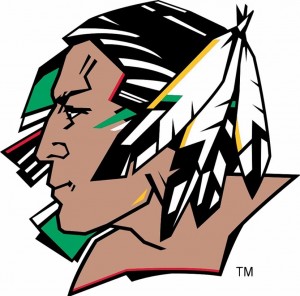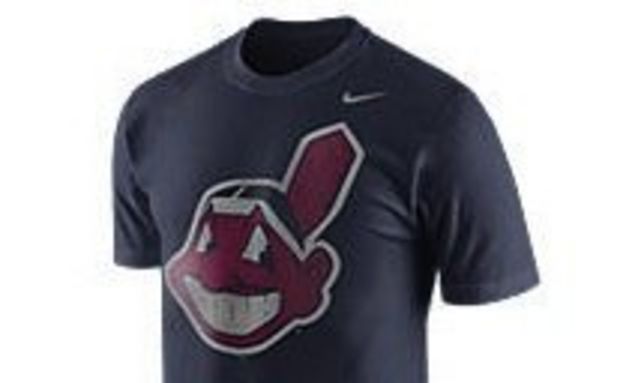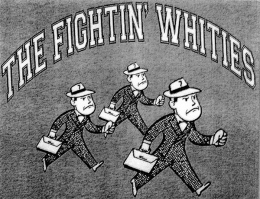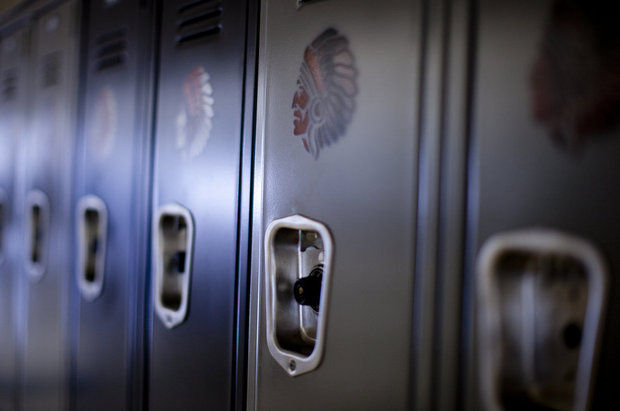By Erik Brady, USA TODAY Sports
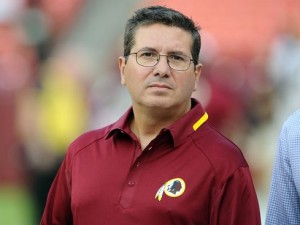
The Fort Yuma Quechan (Kwatsan) Tribe listened to an offer Wednesday from Washington NFL team owner Daniel Snyder’s foundation to build a memorial skate park on its reservation, according to tribal member Kenrick Escalanti, who attended two meetings with foundation representatives at the tribal administration building on the Arizona-California border.
“They told us it wouldn’t cost us a thing, that we wouldn’t have to say anything and we wouldn’t have to support” the franchise’s controversial team name, Escalanti told USA TODAY Sports. “They said they were not asking for an endorsement or a photo op, they just wanted to help. But if you know their track record, we didn’t really believe that. â?¦ We know bribe money when we see it. ”
Escalanti, president of Kwatsan Media Inc., said his organization, which is leading a drive to build a skate park, has turned down the offer from the team’s Original Americans Foundation. Tribal administrator Vernon Smith said the tribe has not reached a decision on whether to ask more questions of the foundation or to leave the offer on the table.
“We just listened politely and said we’d think about it,” Smith said. “They told us there would be no stipulations, but I have heard otherwise from other tribes who have received things from them.”
The foundation was represented by executive director Gary Edwards and director Karl Schreiber, plus a park designer, according to Escalanti. “They showed us digital renderings of a skate park and what struck me was the designs were all in burgundy and gold,” Escalanti said. Those are the colors of the Washington NFL team.
The team issued this statement from the foundation: “Tribal leaders from the Fort Yuma Quechan (Kwatsan) Tribe invited and met with staff from the Original Americans Foundation to discuss projects that needed funding in Yuma. The conversation centered around eight projects that the tribe requested assistance for projects that improved their quality of life and at no time during our on-site discussion did the tribe object to working with our foundation.
“We are very proud of the more than 145 projects in partnership with 40 tribes that we have worked on and will continue to do what we can for those in need. We will maintain our foundation’s policy of not disclosing our private conversations with tribal leaders.”
A team spokesman said a statement from the foundation would be released later today.
Escalanti’s description of the two meetings, which together lasted nearly an hour, open a window on the nonprofit announced by Snyder in March to help Native American causes. Foundation reps told the tribe that they have 147 projects lined up involving about 40 tribes across the country. Escalanti said the reps added that about 100 tribes, including his, have participated in a survey concerning their needs.
Escalanti said no dollar amount was mentioned, but he said the budget for the planned Quechan Memorial Skatepark is $250,000 and “they offered to build it, like a blank check.” Kwatsan Media Inc., a nonprofit that runs a radio station, is accepting donations for the skate park, which will be dedicated to suicide prevention in Native youth.
“When we told them the skate park would be dedicated to fallen Native youth, you could see their eyes open up big, like they could smell good PR,” Escalanti said. “And that really irritated me.”
The first meeting with tribal leaders, including three council members, lasted about 20 minutes and the second with Kwatsan Media about 30 minutes, according to Escalanti, who attended both. Smith said he was able to attend part of the first meeting.
One council member asked foundation reps why the team cares about Native American causes now, Escalanti said. “Edwards said they always cared and this is not an issue of the (team) name,” Escalanti said. “He said the reason it comes up now is the team and the NFL have a diversity policy and they are trying to live by that.”
The foundation representatives said they have helped tribes already with backhoes, jackets and boots, according to Escalanti, who said the reps “kept name-dropping tribe after tribe, and president after president, even though they were promising us we could have the skate park and nobody had to know” where the money came from.
Edwards addressed the team name issue, according to Escalanti: “He said he is a proud ‘redskin’ and that the controversy is a non-issue. He said it is inaccurate to call it a slur. He said the name stands for pride, courage and intelligence. And he said people who oppose the name are part of a white, liberal agenda.”
Escalanti said that Edwards made an impassioned plea for Native American strength against white aggression: “The last words he said to us were, ‘We need to get stronger, because if we don’t, they will annihilate us.'”
Copyright 2014USAToday
Read the original story: Dan Snyder to Indian tribe: We’ll build you a skate park




